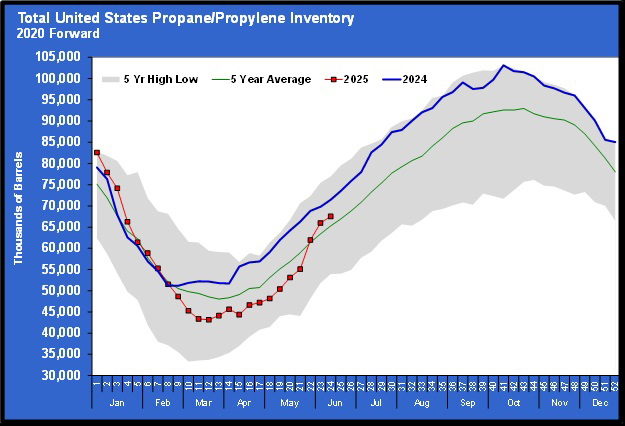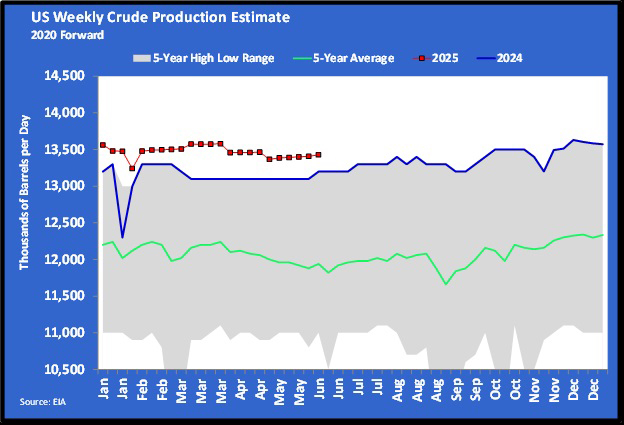Retailer: Heating season adjustments made, but concerns remain
More storage and suppliers. Better planning and programs.
Propane retailers in the Upper Midwest made a number of adjustments from last winter’s heating season throughout 2014. Count Minnesota-based Como Oil & Propane among those that made sweeping changes.
“I’ve been in the industry 18 years and I’ve never seen anything like this last year as far as getting ready for a winter,” says Joe Stariha, Como’s co-president and CFO. “I don’t think we ever put this much work into getting ready.”
According to Stariha, Como purchased four new 30,000-gallon bulk tanks to ensure its propane storage is adequate this winter. In addition, Como is now sourcing 14 different supply points. It previously sourced 10.
“We traveled all summer long building up allocation,” Stariha says. “We went places we never would have imagined for propane, spending 5 to 10 cents more during the summer on freight rates just to make sure we have the allocation at these different supply points.”
Stariha adds that the suppliers in Minnesota are much stricter this year.
“We’re not going to sell residential and commercial gallons at the same rates in summer as we do in winter,” he says. “But to get allocation in December, we have to pull allocation in October and November.”
The changes are concerning to Stariha. The Minnesota crop drying season also gave retailers a reason to worry, he says, even though the 2014 season was nowhere near as long as last year’s.
“Corn drying in Minnesota was really only about a one-week shot this year,” he says. “Last year it was a month, month and a half. Once this year’s started, it was incredibly busy at all the supply points. We were seeing 10- to 14-hour waits again.”
Fortunately the wait times at those supply points only lasted the one week for Stariha and other retailers. Still, he says the wait times could be indicative of what’s to come this winter.
“That worries me,” he says. “If it gets really cold, do we have enough supply points? Can we get those gallons out of our supply points fast enough so we don’t have 10- to 12-hour waits? There’s a limited amount of transports in the Midwest to begin with.
“It will be a real telltale year for where we’re at [as an industry],” Stariha adds.
















